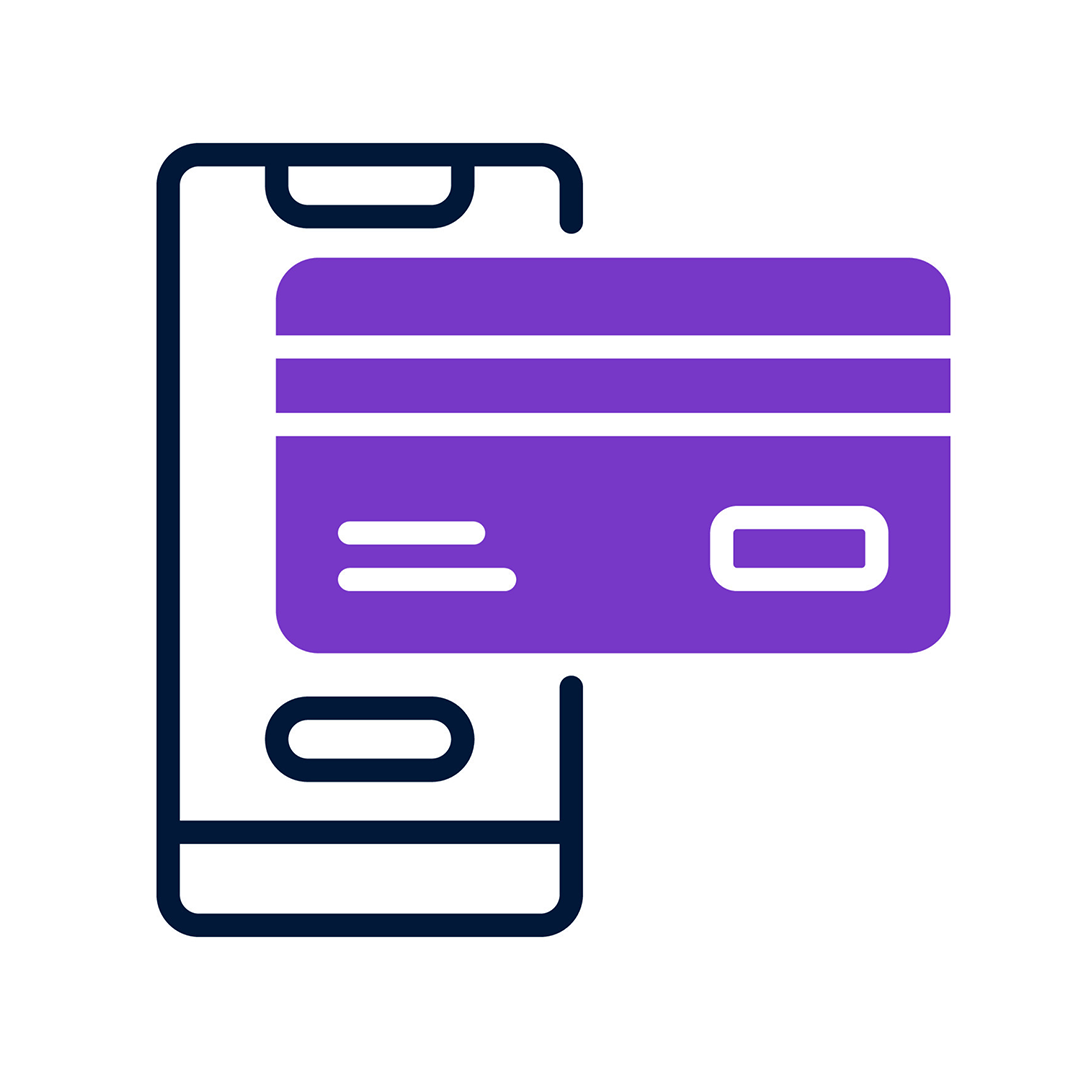Fraud encompasses actions that can cause serious financial losses for individuals, businesses, and financial institutions. It is a serious crime that can occur in many different forms, ranging from simple check fraud to complex schemes such as identity theft and money laundering. Some of the most common types of fraud include counterfeiting, check fraud, identity theft, loan scams, credit card fraud and phishing.
When a criminal has access to an individual’s personal information, they can use that info to pretend to be them. This can cause all sorts of trouble, like hurting their credit score, and can even damage their reputation.
Understanding the types of bank fraud and the examples of each is an important step toward protecting yourself from becoming a victim.
If you feel like you may be a victim of a scam contact us immediately at 888-651-7466 or stop into any of our locations.





